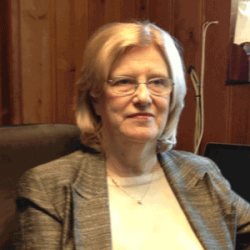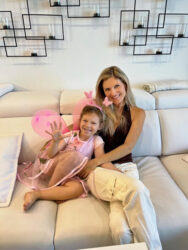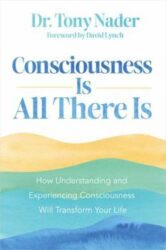On Lots of Candles, Plenty of Cake and What We Missed between Birthdays

Anna Quindlen inspires, provokes with kindness, and makes her reader laugh and—more importantly—think. She is an expert on being self-aware, shedding light on subtle tendencies that women “of a certain age” share, and on giving us the comfort that sharing personal truths brings. She precisely and humorously captures and portrays every nuanced experience of mothers, wives, and women treated as second class employees on our emotional map between self-incrimination and self-congratulation.
In Lots of Candles, Plenty of Cake, Quindlen comments on many of the experiences women normally go through in our culture. In this book, her perspective is more from the latter side of middle-age, and she is able in her maturity to unweave the complex threads of the fabric of our lives and reveal the separate fibers with humor and clarity.
My personal appreciation of Quindlen’s body of work comes from my forty years of teaching Transcendental Meditation to women of all ages, cultural and ethnic backgrounds; I find that this author is an astute observer of a woman’s life in our time and culture in America. Her words are riveting as she pins down so much of what we think and experience, and fear and love, but it is a threshold she chooses not to step over. Ms. Quindlen doesn’t examine the realm of spiritual life of women, neglecting to touch upon our instinct toward an inherent transcendent inner self. During their Transcendental Meditation course, the women I have taught step over the threshold.
In the chapter titled Faith, Ms. Quindlen writes, “And the mark, I suppose, of an indelible connection to religious faith is that ability to go deeper, to burrow into the self, to expand spiritual connections and limitations. I’m stuck too close to the surface.” There is a distinction between faith and experience: Faith is unnecessary in the light of direct experience; experience confirms faith.
A profound spiritual post script to Lots of Candles, Plenty of Cake would require a swing of Quindlen’s bright lens of perception to a direct experience and examination of more profound levels, “to go deeper,” transcending the alternately charming or troubling but mundane level of experience to the subtler , more profound, ‘divine’ level within us.
The fact that every woman is unique and yet shares deep qualities with other women hints at the nature of life itself: It is universal and unifying and, at the same time, distinct in differences and variegated. We share an absolute Nature of infinite potentiality and yet each of us uniquely manifests different individual reflections of that field. We are together in the absolute oneness of our essential nature and apart in relative experience.
One example of this is from the study of physics, which has revealed that there is more variation at the gross—or concrete—levels of creation and more unification at the subtle profound levels, ie many more types of molecules than there are types of atomic particles.
I believe that we all, especially women, intuit this reality of internal unification and outer diversification, and that makes life so mysteriously beautiful for us. But the actual direct experience of this reality is more amazing—it is both divinely revelatory and celebratory. When, by allowing the attention to go within, we transcend the daily life of an American woman and experience that we are essentially timeless and limitless—and, in this sense, cosmic and divine; by experiencing this, everything in our daily life is influenced in an evolutionary way. That liberating unbinding experience in the mind so informs our inner life as to transport our thinking, feeling and action. We come to know that what happens to us and what we do is neither chance nor manipulation, as Ms. Quindlen seems to imply, but instead is a direct reflection of the nourishing power of the infinite creative intelligence that lies within us and within everything.
We are all getting to be wiser and more expert in this thing we call “life” as we age. When we look in the mirror, we see the wear and tear that accompanied our journey. But we don’t ‘feel’ our age. Ms. Quindlen quotes Satchel Paige: “How old would you be if you didn’t know how old you were?” I remember my grandmother, in her mid eighties, regarding herself in the mirror and saying to me with great seriousness, “I don’t know who this is—I’m eighteen years old!”
As scriptures throughout time and across cultures have insisted, the soul is immortal. That gives us an inner sense of agelessness and the righteous denial of being any particular age. However, the reflection in the mirror, creaking joints, forgetting just about everything from time-to-time—those give us the proof there is also an ever-changing side to life. The only way to enjoy both aspects of our lives fully and to evolve the clearest understanding of each is to experience both. This is the value of the Transcendental Meditation technique, which systematically and effortlessly brings our attention back and forth between our universal self and our individual self, unfolding the full value of mortal life and immortality at the same time.
This experience of the field of the transcendent is not commonly discussed in American life and is sorely needed, both for its own sublime experience as well as the evolutionary and clarifying influence it has on our thinking, feeling and behavior. This is what we’ve missed between birthdays.
About the Author
Janet Hoffman is the executive director of TM for Women Professionals, a division of TM for Women in the USA





